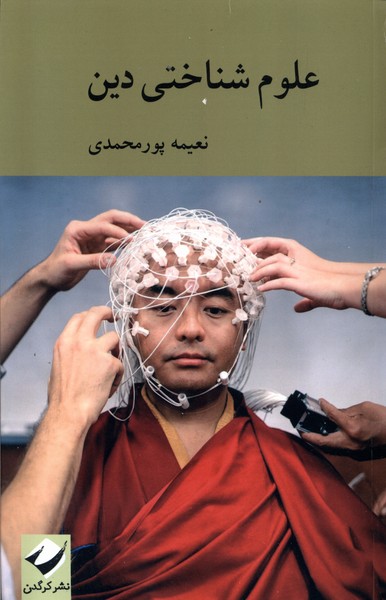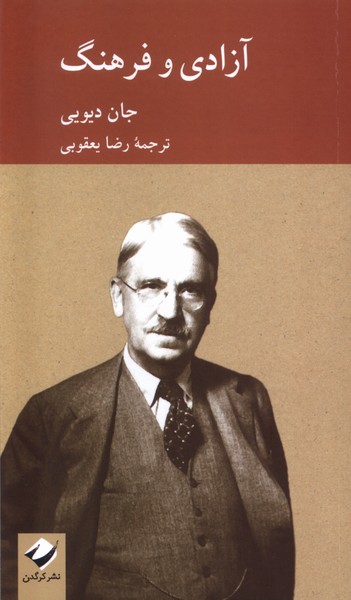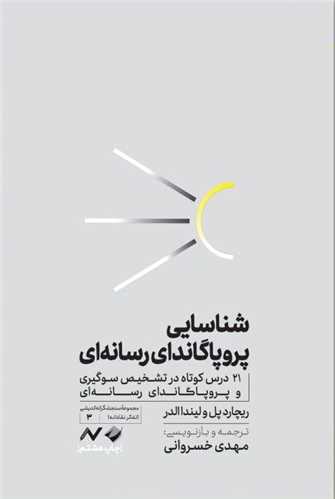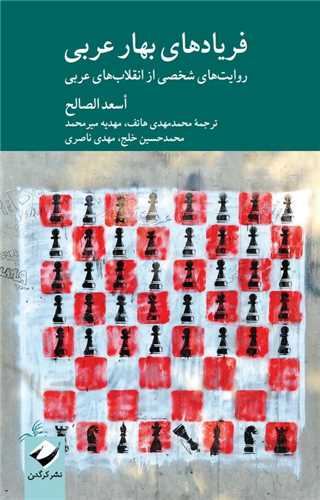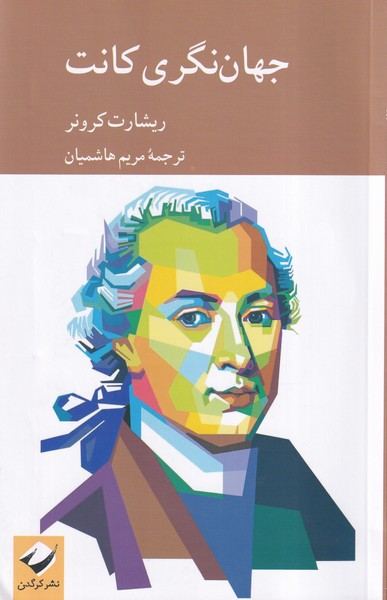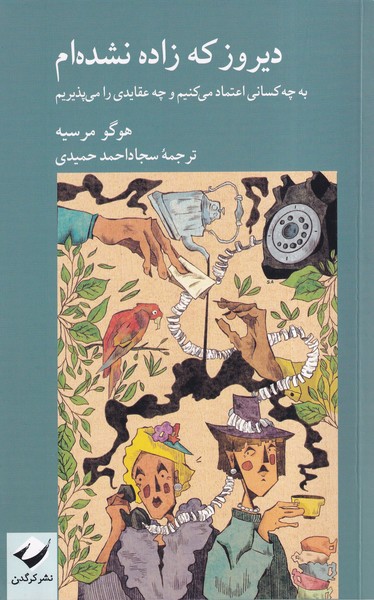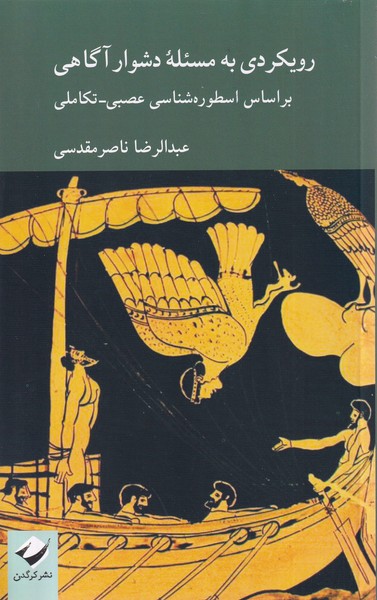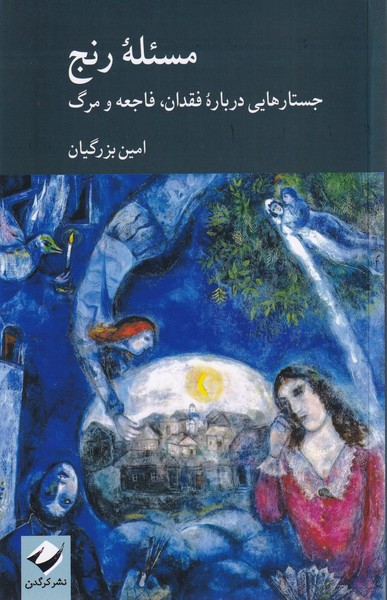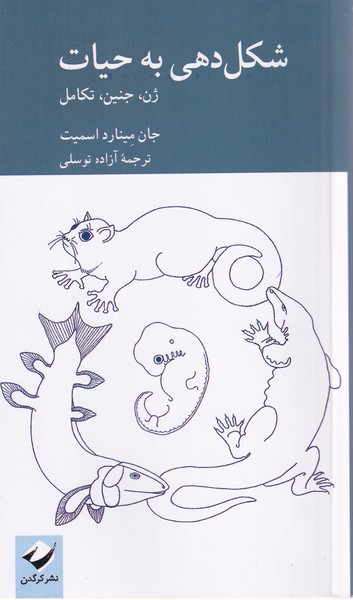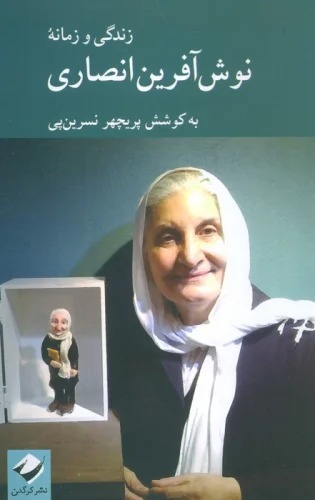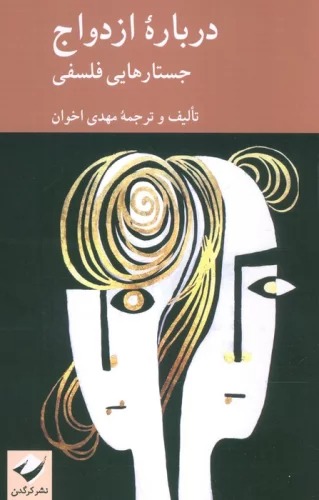'ulūm-i Shinākhtī-yi Dīn: Persian 1402
علوم شناختی دین
23.88 $
Share
Wishlist
Why "religious beliefs", such as the belief in the existence of God, the soul, life after death, the spirits of the dead, angels and demons, "religious emotions", such as the feeling of unity with the whole world and submission to religious authority, and "religious actions", such as Are the rituals of prayer and Holy Communion so common among human societies? How do these beliefs, emotions and actions arise in the human brain, spread and last? Is it their content that is considered the cause of their formation and prevalence or is it the human brain and the evolutionary path of this particular biological species that facilitates the emergence and development of these things? These are some of the main questions in "cognitive science of religion", a trend of studies in cognitive science that seeks to find the cognitive foundations of religious beliefs, emotions and actions. Cognitive science of religion is a new trend in religious studies, which instead of using classical methods, emphasizes the use of experimental, laboratory and evolutionary findings in examining the human brain and mind.
This book is the first authored monograph in this field for Persian speakers, and in each chapter, cognitive findings about one of religious beliefs, emotions and practices are introduced and analyzed.
more
چرا «باورهای دینی»، مانند باور به وجود خدا، روح، حیات پس از مرگ، ارواح مردگان، فرشتگان و شیاطین، «عواطف دینی»، مانند احساس اتحاد با کل عالم و سرسپردگی به مرجعیت دینی، و «اَعمال دینی»، مانند مناسک نماز و عشای ربانی، میان جوامع انسانی اینقدر رایجاند؟ این باورها، عواطف و اعمال چگونه در مغز انسانها به وجود میآیند، شایع میشوند و دوام میآورند؟ آیا این محتوای آنها است که علت شکلگیری و رواجشان به حساب میآید یا این مغز انسان و مسیر تکاملی این گونۀ خاص زیستی است که پیدایش و توسعۀ این امور را تسهیل میکند؟ اینها برخی از پرسشهای اصلی در «علوم شناختی دین» است، گرایشی مطالعاتی در علوم شناختی که به دنبال یافتن مبانی شناختی باورها، عواطف و اَعمال دینی است. علوم شناختی دین گرایش تازهای در دینپژوهی است که بهجای استفاده از روشهای کلاسیک، بر استفاده از یافتههای تجربی، آزمایشگاهی و تکاملی در بررسی مغز و ذهن انسان تأکید دارد.
این کتاب نخستین تکنگاریِ تألیفی در این حوزه برای فارسیزبانان است و در هر فصل آن، یافتههای شناختی دربارۀ یکی از باورها، عواطف و اَعمال دینی معرفی و تحلیل میشوند.
more

